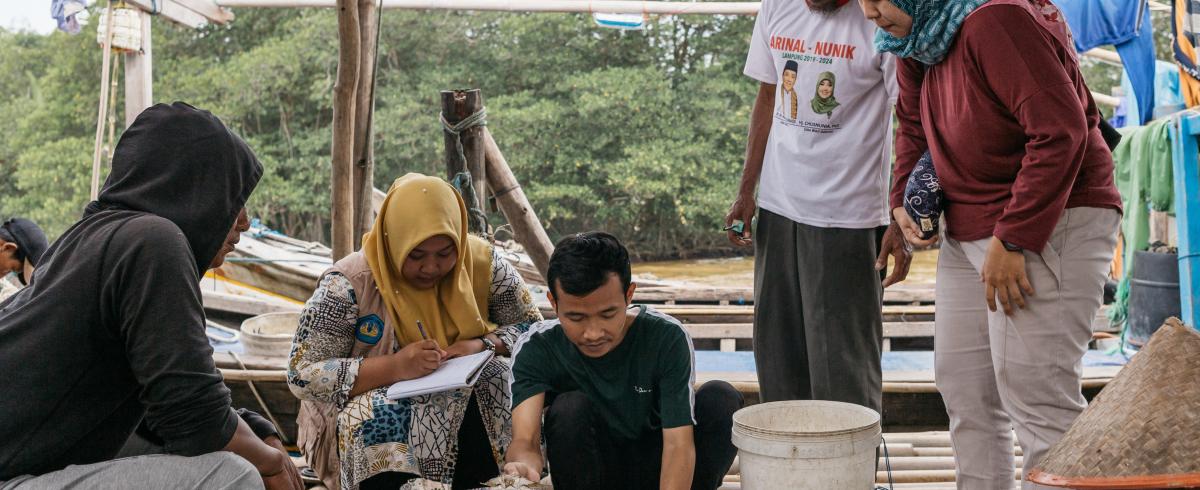Responsible Shark and Ray Tourism: A Guide to Best Practice
Responsible Shark & Ray Tourism; A Guide to Best Practice is the first such guide to provide practical, science-based information for shark and ray tourism operators who want to offer the best possible experience to their customers, while conserving species and habitats and making a positive contribution to local communities. It provides guidance, and tools that can be tailored to local circumstances, enabling operators to improve the educational quality, safety, and sustainability of their businesses. It also gives practical information, based on the best available scientific data, to management authorities and others engaging with the industry.

